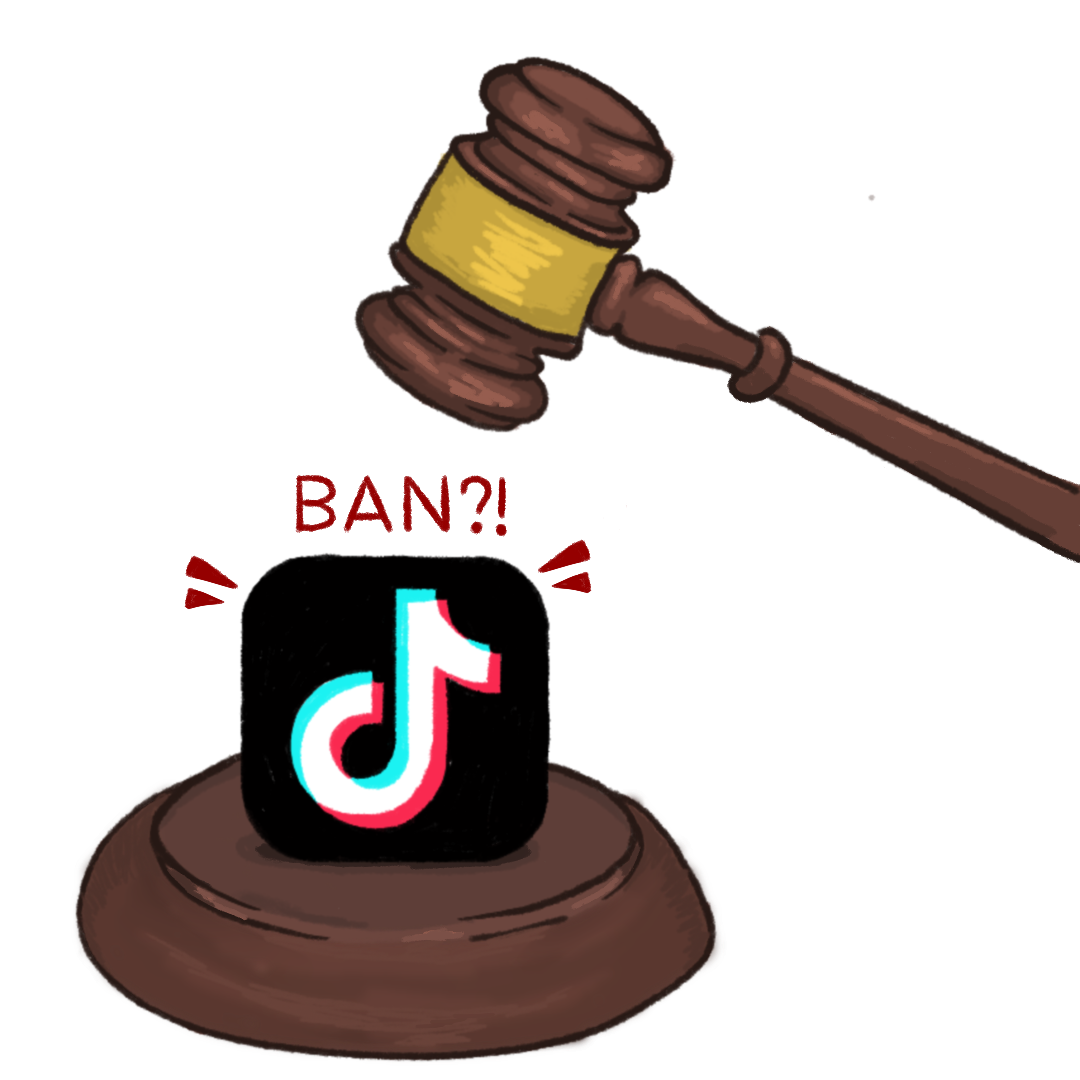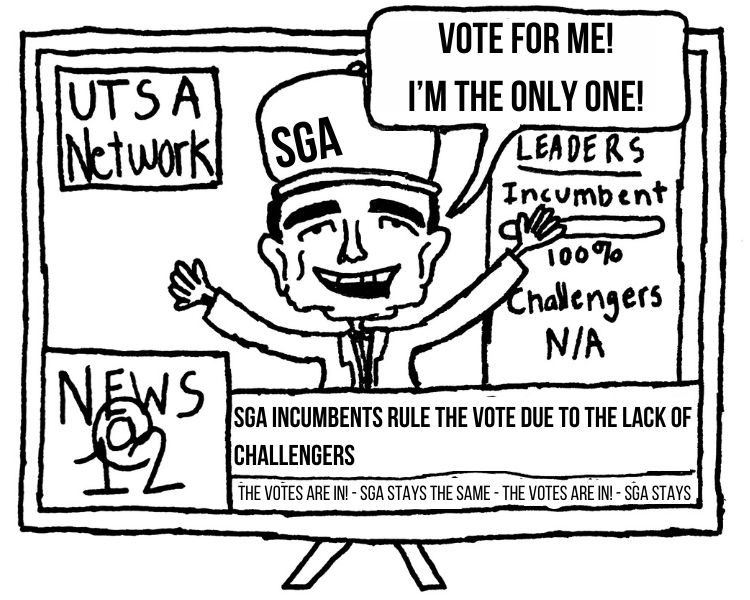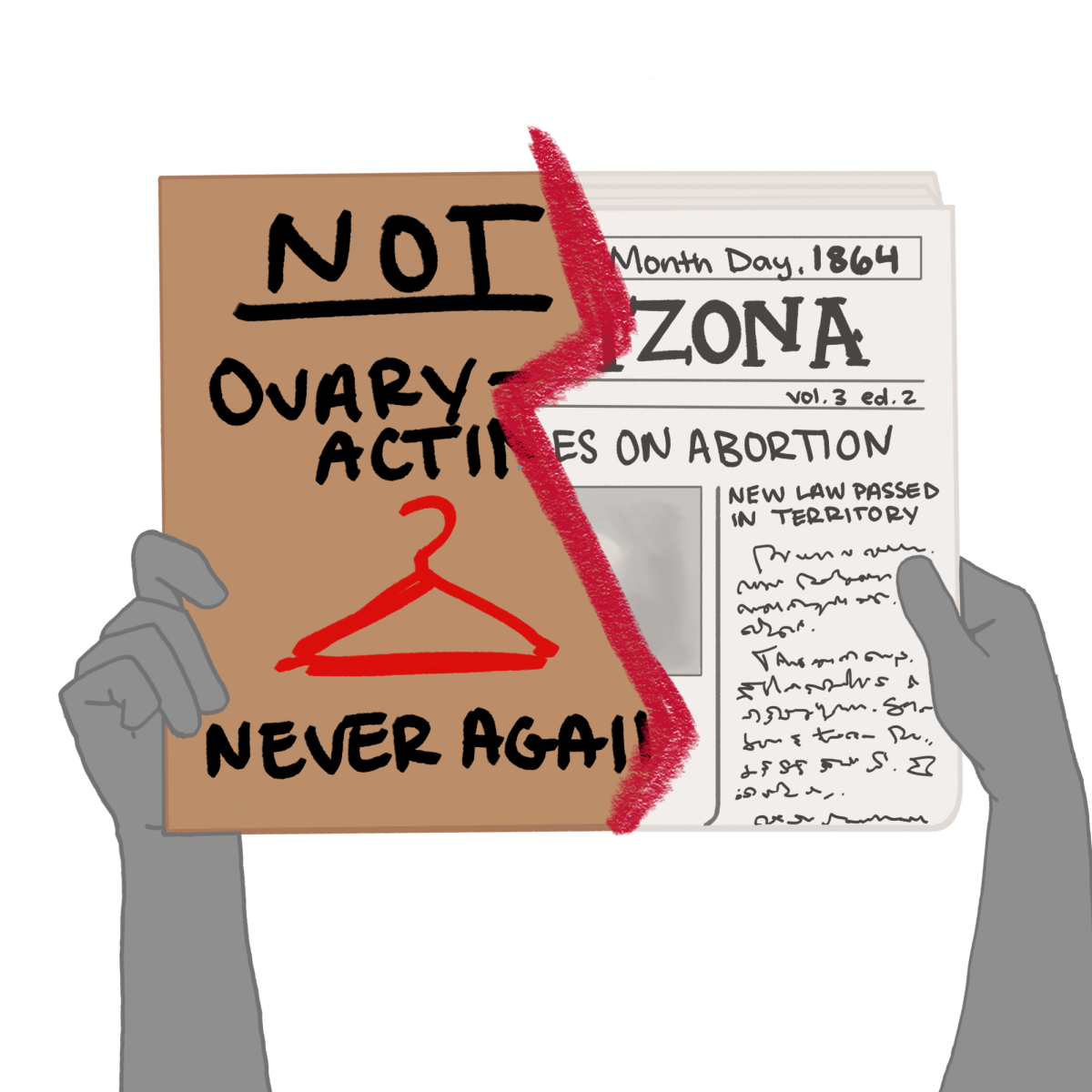This American Life (an NPR radio program) recently aired an excerpt from a one-man show performed by Mike Daisey called “The Agony and Ecstasy of Steve Jobs.” In the show, Daisey details a trip he took to Shenzhen, China, to investigate the working conditions of a manufacturing plant named Foxconn.
Foxconn is known for manufacturing a third of many of the consumer electronic devices from companies like Apple, Dell, Nokia, Panasonic, HP, Samsung, Nintendo, Sony and Lenovo. At the plant, there are 430,000 workers. Daisey tells story after story of first -hand accounts from inside this factory, which are alarming and tragic.
Daisey finds kids as young as 12- years -old working at the plants. There are not any large machinery producing these goods. All are made by hand.
Although the standard day of work is 12-hours, most people interviewed work 14-16 hours a day, seven days a week. Last year, a Hong Kong newspaper, Mingpao, reported that a 27-year-old man died of exhaustion after working 34 hours straight.
Death became a common thing around Foxconn. In 2010 alone, there were 18 workers who committed suicide by throwing themselves off the top of one of the Foxconn buildings. In response, Foxconn installed nets around their buildings to keep people from jumping. Most recently, at the beginning of January, 150 workers went to the top of one of the buildings and threatened to jump in unison as a protest to the terrible working conditions. They were eventually talked down by Foxconn and local Communist party officials (The Telegraph).
The New York Times also recently published a report about working conditions at Foxconn in Chengdu, China. According to the Times, “two years ago, 137 workers at an Apple supplier in Eastern China were injured after they were ordered to use a poisonous chemical to clean iPhone screens. Within seven months last year, two explosions at iPad factories, including in Chengdu, killed four people and injured 77.”
Many people are completely unaware of these conditions. A survey of the UTSA campus shows that many people are connected to these products and use them in their everyday lives.
Apple plays a huge part in my daily life, as I have an iPhone, iPad, and this article is being typed on a MacBook Air. When I see this machine, I hardly ever think that there may have been a human cost for the convenience of my shiny toy.
I wanted to highlight this story because I think it’s relevant to the current election, especially with the Republican Primaries. According to the frontrunner Mitt Romney, he wants to “reduce taxes, spending, regulation, and government programs.”
Newt Gingrich’s website says that he wants to “remove obstacles to job creation imposed by destructive and ineffective regulations, programs and bureaucracies.” Deregulation is all the rage from the Republican Party, fueled by the view that our country has gone to hell in a hand basket, because corporations are not allowed to operate free of regulation and all the mean government rules that they have to follow.
Allowing companies to be free of regulation or to be less regulated may be great for those companies, but it is not great for the humans who do work for these companies. Businesses will always operate on the principle that profits come before people.
No matter how nice a company is to their employees, the employees are just commodities that must be retooled, fixed, and sometimes cut. Regulation is in place to help protect people from the inevitable goal of the company to increase profits at all costs.
The stories of Foxconn and China, although extreme, are an example of what companies are capable of when not properly regulated. As much as people would like to think that companies will always do the right thing, remember that history has proven that companies are more likely to do the wrong thing.

















